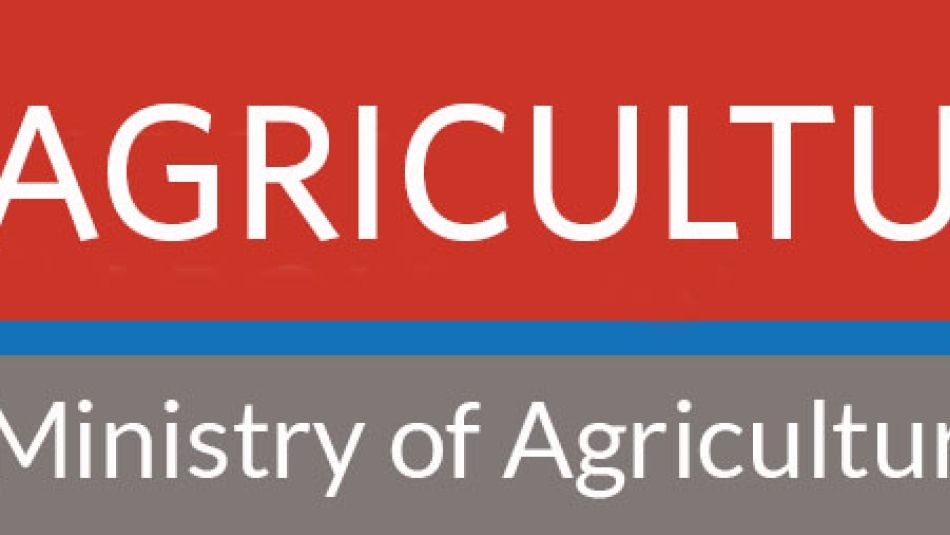Image

Canada’s agriculture and food processing system forms the economic basis upon which all other
industries grow. With 310,000 members in 20 sectors, Unifor is Canada’s largest private sector
labour union. Unifor has 10,000 members in the food and beverage industry, but thousands more
work in rail, road and marine transportation—many of whom transport agricultural commodities.
Food processing, where Unifor’s members are concentrated, is an industry valued at $27 billion annually
and it accounts for $7.3 billion of Canada’s exports. Unifor’s members are employed by some
of the largest agri-food companies in Canada, including Coca-Cola, Black Diamond, Nestle, Saputo
and Maple Leaf Foods, among others.
Unifor's priorities
Unifor works with employers, organizations and movements to develop strong social programs, efficiently deliver high quality services and ensure a healthy economy. This includes advocating for a national child care program, improvements in seniors benefits and programs, and legislative changes that help families balance their work and family responsibilities. Unifor also aims to improve the lives of working families at the bargaining table, by negotiating for provisions around child care, parental leave and retirement benefits, among others.
The federal government’s approach to jobs, innovation and growth in the agri-food industry has centred on
deregulation and trade and investment liberalization. This approach to developing Canada’s agri-food industry needs to be revisited. Unifor envisions a modern, responsible and socio-ecologically sustainable approach to agricultural production and food processing.
Roughly 2.3 million people are employed in the Canadian agriculture and agri-food industries, with roughly one in ten working in the food processing industry. Many workers, especially on the agriculture side of things, are part of the Temporary Foreign Worker Program. This program has been chronically abused by employers. Rather than increasing employee compensation to attract and retain local workers, employers have used the TFWP to bypass Canadian compensation levels, and because of weak regulatory oversight, they have often been able to bypass labour market laws.
The so-called ‘free trade’ agreements currently signed or under negotiation threaten the quantity and quality of good jobs in Canadian agri-food. The Harper Government’s agreement to increase imports of European cheese as a condition of signing CETA with the EU was a mistake. This doubling of the allowable quota will force Canadian dairy farmers to produce less milk, leading to lower incomes. It is also an initial step towards undermining Canada’s supply management system in dairy, which benefits Canadian consumers with quality dairy products at a stable price while allowing farmers to earn their income from the marketplace instead of through state subsidies (as in Europe).
The TPP is an even greater threat to Canada’s supply management system. The Harper Government claimed that it protected the three pillars of supply management, but also admitted that new market access will be granted through quotas phased in over five years: 3.25% for dairy, 2.3% for eggs, 2.1% for chicken, 2% for turkey and 1.5% for broiler hatching eggs. It also promised the industry $4.3 billion in compensation in exchange for increased market access. One does not provide stakeholder compensation if they have negotiated a favourable deal. The National Farmers Union (NFU) denounced the TPP for putting supply-managed parts of the industry.
To download a fact sheet about Unifor's priorities in agriculture (PDF) click the link below:


